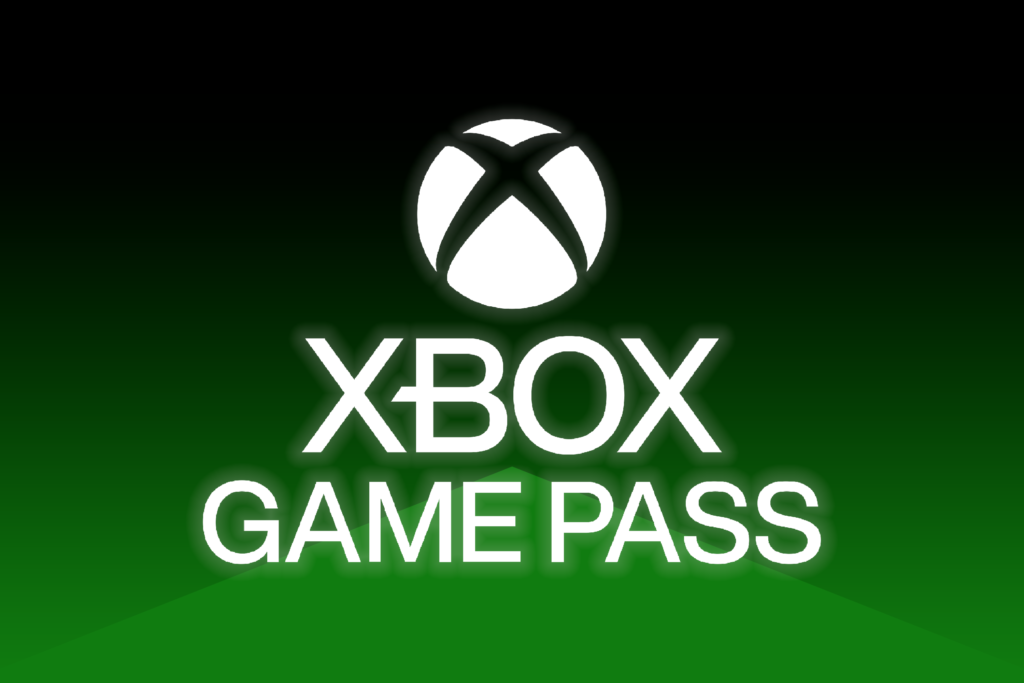Alright, gamers — let’s talk Game Pass. It’s been a hot-button topic for years, and now things are heating up again thanks to some spicy takes from one of the industry’s OGs.
Raphael Colantonio — the guy who gave us Dishonored and Prey, and now runs the indie outfit WolfEye (Weird West) — just called out Game Pass as “unsustainable.” Yup, he went there.
He dropped his take on social media, asking the question a lot of folks have been side-eyeing for a while:
“Why is no-one talking about the elephant in the room? Cough cough (Gamepass).”
When people pressed him for more, Colantonio didn’t hold back. He said Game Pass has been “increasingly damaging the industry for a decade,” and is being kept afloat by Microsoft’s endless money pile. But he warned: at some point, reality’s going to hit. According to him, Game Pass can’t peacefully exist alongside other models — it’s either going to crush the competition or fizzle out.
Naturally, that fired up a ton of debate. Game Pass has always had people split. Some see it as the death knell for traditional game sales, while others say it’s been a lifesaver for smaller devs who get paid upfront by Microsoft.
Remember during the whole Xbox vs. FTC showdown when PlayStation’s Jim Ryan said publishers hated Game Pass because it was “value destructive”? He even claimed Microsoft was bleeding cash on it.
Now, rewind to 2021 — Xbox boss Phil Spencer stood up for Game Pass, saying it was “very, very sustainable” and growing strong. But hey, that was four years ago. Since then, we’ve seen some brutal layoffs and projects get axed — Everwild, Perfect Dark, even an unannounced MMO by the Elder Scrolls Online team.

Colantonio’s not the only one side-eyeing Game Pass. Michael Douse from Larian (Baldur’s Gate 3) chimed in too, saying the main concern is what happens after the money train slows down. According to him, it’s never made economic sense, and that’s why a lot of devs are still hesitant to hop on.
(And just FYI — Baldur’s Gate 3 still hasn’t shown up on Game Pass or PlayStation Plus.)
Colantonio also poked fun at Microsoft for claiming Game Pass doesn’t hurt sales — only to later admit it does. Douse said he prefers the Sony route: no day-one drops on PS Plus. Instead, Sony waits a bit before sliding first-party titles into the service. That’s why Ghost of Yotei won’t be hitting PS Plus day one, but Call of Duty: Black Ops 7 will be front and center on Game Pass.
Douse summed it up: “The economics never made sense… but for smaller teams with new or riskier IPs, it helped derisk.” Still, he’s a fan of Sony’s long-game approach.
Colantonio agreed, saying the only way Game Pass works without wrecking the industry is if it’s used for back-catalog games. Makes sense, right?
Now, Microsoft’s recent layoffs? Official word is they were more about AI than gaming. But Colantonio isn’t buying that — he called it a “bs excuse” and said the math just doesn’t work once Xbox stops pumping in cash.
So why keep pushing Game Pass if it’s not profitable? According to Colantonio, it’s all part of the customer acquisition phase. Microsoft’s banking on the long-term payoff — one day. Maybe. He said the real costs of Game Pass — including buying up studios like Bethesda and Activision — don’t show up in the usual reports. It’s all hidden in accounting tricks, like amortization.
And let’s be real: for gamers, Game Pass is a total steal. It gives you access to a mountain of games, including huge day-one releases like Call of Duty, for way less than buying each title outright. But Colantonio says it’s too good — and that’s the problem.
His warning? Once Microsoft dominates, things could go south fast:
“The games will start to suck and your sub will go up.”
Basically, Microsoft’s eating the cost now to wipe out the competition. But if they win? Buckle up.
He ended with this bleak take: “Only the gamers like it because the offer is too good to be true, but eventually even gamers will hate it when they realize the effects on the games.”
Now, Microsoft’s been tight-lipped on the actual numbers. We know Xbox content and services were up 8% year-over-year in their last report. PC Game Pass revenue? Up 45%. But we’ve got no clue how many subscribers there are or how much money it’s really making.
When Variety asked Phil Spencer about all this back in April, he kept it pretty balanced. He said Game Pass is “a healthy option for certain people,” but admitted it’s “not for everybody.”
The real growth, according to Spencer, is on PC and Cloud — not console. And if people want to buy games instead of subscribing? That’s cool with him too.
He wrapped it up with a simple idea:
Game Pass is just one way to play — not the way.
So yeah, the debate isn’t going anywhere. Whether you’re all-in on subs or still rocking your physical collection, the future of Game Pass is shaping up to be one hell of a boss fight for the whole industry.